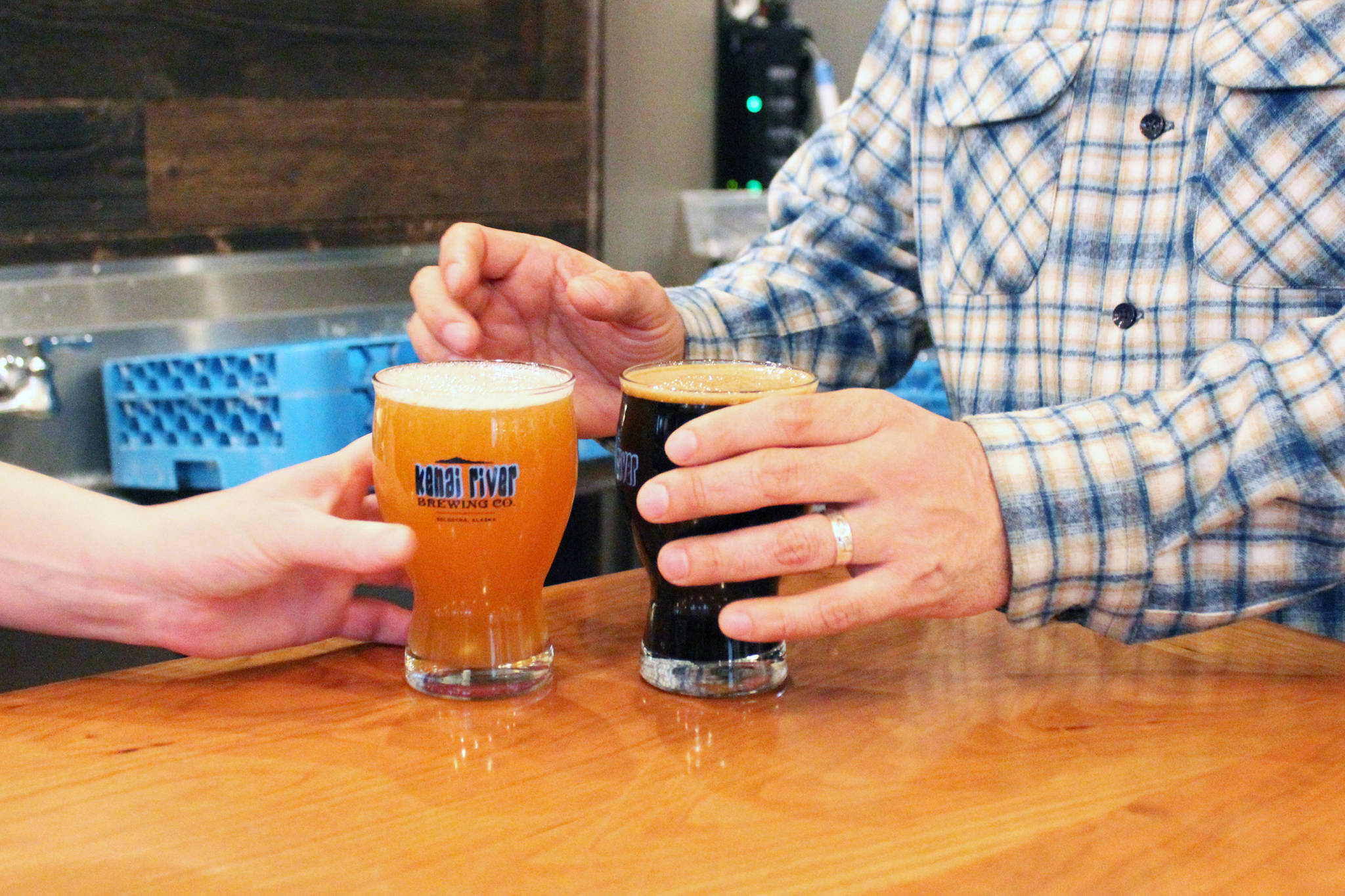The second half of a sweeping update to Alaska’s alcohol laws is making its way through the Legislature and seeks to streamline the alcohol licensing process.
Senate Bill 99 was introduced in April 2015 by Sen. Peter Micciche (R-Soldotna) but was not addressed during the 29th Legislature. It sought to update, simplify and change aspects of Title 4 of Alaska Statute, the laws that regulate alcoholic beverages in the state. Parts of the rewrite, like lowering the penalties for minor consuming alcohol convictions and reorganization of the Alcoholic Beverage Control Board, were included in SB 165, which made it through the Legislature and was signed into law in July 2016. The bill reorganized the board to be composed of two industry seats, a rural public member seat, one general public seat and a seat designated for someone representing public safety.
SB 165 also made it so that convictions for minors consuming alcohol no longer appear on the state’s online court records system, CourtView.
SB 76, referred to the Senate Labor and Commerce Committee in early March, seeks to finish the job. Much of the legislation focuses on streamlining the licensing process for the alcohol industry. Micciche said the reasons for updating Alaska’s alcohol laws are twofold.
“Alcohol is still the number one social and cultural issue that creates a lot of negative impacts in our state,” he said.
The alcohol industry is also an important part of the economy. Micciche said the goal is to support businesses in the alcohol sector while protecting the health of Alaskans.
As part of the streamlining process, SB 76 seeks to eliminate the brewpub and public convenience license types. Several establishments on the peninsula have opened with the ability to serve alcohol under the public convenience license type, which requires collecting signatures within a one-mile radius of the business.
Establishments that opened under public convenience licenses will be given to option to transition to a restaurant or eating place license or seasonal license, Micciche said. These establishments include Soldotna’s St. Elias Brewing Company, and Two Sisters Bakery and Fat Olive’s Restaurant in Homer, according to a letter from Soldotna’s Director of Economic Planning and Development, Stephanie Queen to Micciche and members of the stakeholder group that worked on the Title 4 rewrite.
Alcohol licenses in Alaska are issued based on population quotas. “Political subdivisions” of the state are allocated one restaurant or eating place license per every 1,500 people, and all other types of licenses are issued based on a quota of one per 3,000, according to the Alcohol and Marijuana Control Office website.
The city of Kenai is authorized to have five restaurant or eating place licenses and three non-restaurant or eating place licenses, according to a population fact sheet from the office. According to the sheet, Soldotna is authorized to have three restaurant or eating place licenses and two non-restaurant or eating place licenses.
The population of the Kenai Peninsula Borough outside the peninsula’s cities has a greater allocation of licenses. Queen wrote in her letter that this encourages development outside of established cities. Queen attended stakeholder meetings during the rewrite process with more than 70 other organization representatives, and presented in her September 2016 letter the limitations cities like Soldotna face based on the strict population quotas.
“On paper, we are quite small: the third largest city on the Peninsula by population,” the letter states. “In reality, our city serves a much broader regional population of borough residents who work, attend school, shop, and recreate in our community every day but aren’t tallied as official City residents.”
A chart included in the letter detailing the gross bar and restaurant sales from each of the peninsula’s cities in 2013 shows Soldotna brought in $25,678, more than the larger city of Kenai, which brought in $14,362, or the areas of the borough outside established cities, which accounted for $21,743 in bar and restaurant sales that year.
Another way SB 76 seeks to compensate for the loss of public convenience licenses is to offer communities the option to request additional restaurant or eating place licenses from the Alcohol Control Board for their area, Micciche said.
If the provisions of SB 76 make it through the Legislature largely unchanged, Micciche said there won’t be much left to do on Title 4. One area he said merits some more work is that of local option opportunities.
“We do believe that local communities should have greater local control,” he said.
Micciche said SB 76 is, in a smaller way, a method of saving money in the long run and dealing with the state’s looming budget deficit. There are two ways to go about correcting such a deficit, he said.
“One is to deal with the budget itself, the other is systemic changes,” he said.

